|
"Geez," said the barber as he looked at the pile of severed braids in my hand. "She bold alright. She bold. " He watched as Lisa, his fellow stylist and the shop's owner, ran clippers through what hair was left on my daughter's head. She has the thickest hair I have ever seen on anyone. Beautiful, but dense hair that took hours for me to wash, comb, condition and style when she was little. As Gianina grew older and took on the responsibility for her own tresses, the laborious care became overbearing. Recently, she decided she'd had enough and was ready to go ahead with getting "The Big Chop". Yes, she is bold. Lisa the owner giving Gianina "The Big Chop" at Hair Studio L-M in Albuquerque. Check them out on Facebook at Hairstudio LM. "The Big Chop is the process of cutting off the relaxed or permed ends of one's hair when she is transitioning from chemically processed hair to natural hair. Timing the big chop is a big decision for many napptural women who have decided they want to wear their hair natural. " That's what they say at NaturallyCurly.com
My daughter never had a perm. Her hair was occasionally straightened. Often braided or twisted. Black friends and even strangers frequently remarked on how much hair she had and how healthy it was. Recently, two African-American women selling flat irons at a mall kiosk wanted to sell her one. "Oh honey you have such beautiful hair. Let us just straighten one little piece to show you how it looks." "Well," said Gianina, "the iron might work nicely but I'm getting it all cut off on Saturday." "Whaaat? Why? All cut off? But it's so pretty!" They could not fathom her desire to lop off all that length. There has historically been a strong association between femininity, beauty and a copious mane. This is true in most cultures, but especially so in the Black community, which has in turn spawned an industry well supplied with wigs, extensions and weaves. Additionally, finding the right products for moisturizing, de-tangling, deep conditioning, de-frizzing, and curl-activating among the thousands on the market, can be daunting. Black hair is a demanding task-master for both time and purse if you're going to wear it long. Yet for decades, there has been an inter-generational dialog about how "good" hair in the Black community was too closely aligned to the idea of having long, straight hair as represented in a White standard of beauty. In the past few years, more Black women have begun to question that standard and have looked towards embracing the ease and beauty of wearing their hair short and natural. Enter my daughter, Gianina, and her discovery on youtube. One just has to google "big chop" and up pops a myriad of videos of Black women documenting their journey to natural. Many said that too often with their hair styled longer, people only saw their hair and stopped there. With the short do, their faces shine through, and their real beauty can be seen. They stand taller, and even walk differently. Several days of viewing caused Gianina to come to me and ask if she could get a TWA a.k.a. Teeny Weeny Afro. I smiled. My baby girl, so dauntless and daring at sixteen years old. I wanted her to feel empowered by her decision. "It's your hair. It will always grow back if you don't like it," I said. "You do with it whatever makes you happy." What resonated the most with her from the videos was the word "freedom." She was reaching to recapture the time her hair demanded of her, giving her the breathing space to do other things. Thank you, Black women everywhere, for being such role models for my daughter, and for sharing your bravery and your knowledge. We made the appointment. "Okay, are you ready?" asked Lisa, scissors poised at the first braid. "Yes," said Gianina. No hesitation. That bold grin radiated across her face. Snip! One down. Ten to go. Liberation.
7 Comments
Eliza with her baby running to freedom. Two separate immigrants arrived at Ellis Island in the early 1900s. One came from Glasgow, Scotland. The other from Valledolmo, Sicily. I am their granddaughter.
Immigrants in our country have all experienced their share of prejudice as they assimilated into the American mainstream. I was reminded of this recently, when someone told me we should be having a dialog about all the discrimination that exists in our country. This person said that Blacks, Mexicans, Chinese, Italians, Muslims, etc. have all been subjected to intolerance, so the discussion about these issues should not be separated but be had as a whole. Dividing the dialog will continue to divide us as Americans. I disagree. It is staggering to me to think that my grandfathers came to the U.S. a mere 40-50 years after the Civil War. That's hard for me to wrap my head around. But the prominence of the Civil War and even the existence of Civil War veterans in the daily lives of my grandparents is extraordinary to contemplate. Include in their midst, the presence of people who had been born into slavery. All these influences in my grandparents' lives have a direct line of connection to me. Their very own post-Civil War prejudices rang in the ears of my childhood. Those influences are only a mere two generations removed from some of us today, and only three generations removed from my teenagers. Slavery was a significantly different institution than standard immigration, and its impact ripples through time to the present, because I am still alive. Have you ever read Uncle Tom's Cabin? It is an absolutely compelling read for several reasons. Harriet Beecher Stowe captures the politics and culture of our country at that time, like no other writer. She lived in it. Her writing is wrenching and merciless in dealing with the subject matter in all its madness. And periodically throughout the novel, she steps out of the story, as the author, and addresses the country as a whole as to why slavery was a barbarity. She challenged Americans about how they could stay unmoved by this institution and let it continue to exist. It is no wonder the book had such an impact on the Civil War. Also, the book is an absolute witness of the Gospel of Christ. That, I didn't expect. Uncle Tom was not the kowtowing character as he is often depicted by those who don't know the story. He was smart, and he was literate. His heart was to preach the Gospel to any who would listen, as he was sold and carried away down through the deep South to the final plantation of a heartless slave master. Uncle Tom was someone to look up to, and Stowe utilized his content of character to convict a nation. It's one of the most powerful books I've ever read, and it convicted me to the core of the wound left on our society. A wound like no other. A lesion that left it's prejudiced mark on my own grandfathers and rendered me a bigot, until I was willing to challenge my own racist thinking. As difficult as my grandfathers' lives were, they pale in comparison to the scars left by slavery. It's not that the struggles of our immigrant forebears were insignificant. They were, and do merit discourse as needed. But they are a different discussion. Slavery, Civil Rights, and race relations between Black and White Americans today, deserve their own platform for dialog. At least that's where my heart is, if we are ever to see the damage healed. |
Susan Parlato RevelsArchives
June 2024
Categories
All
links to other sites
www.abuacademy.com
|

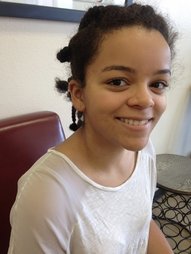
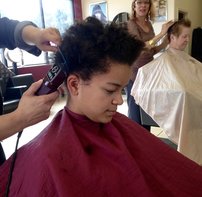
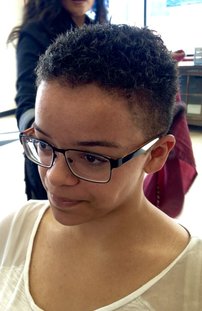
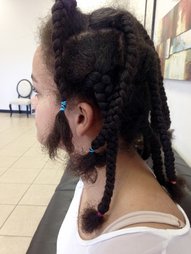
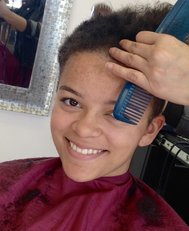
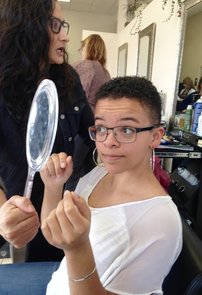
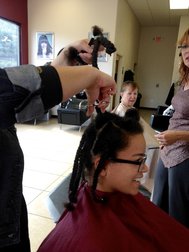
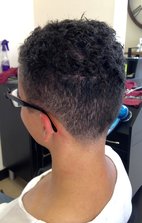
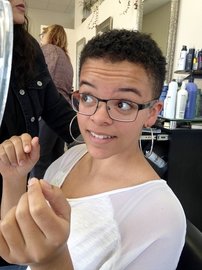
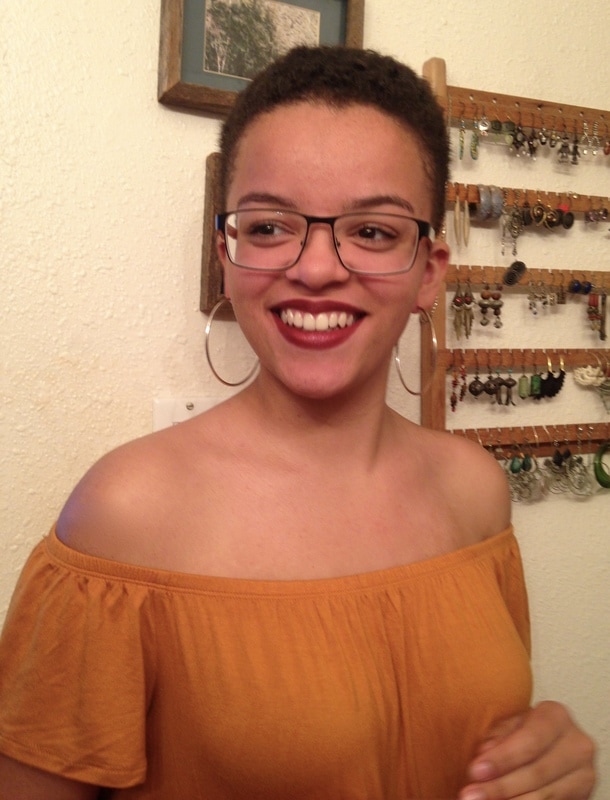
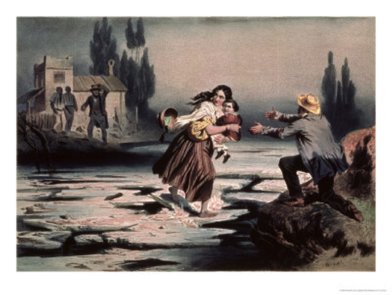
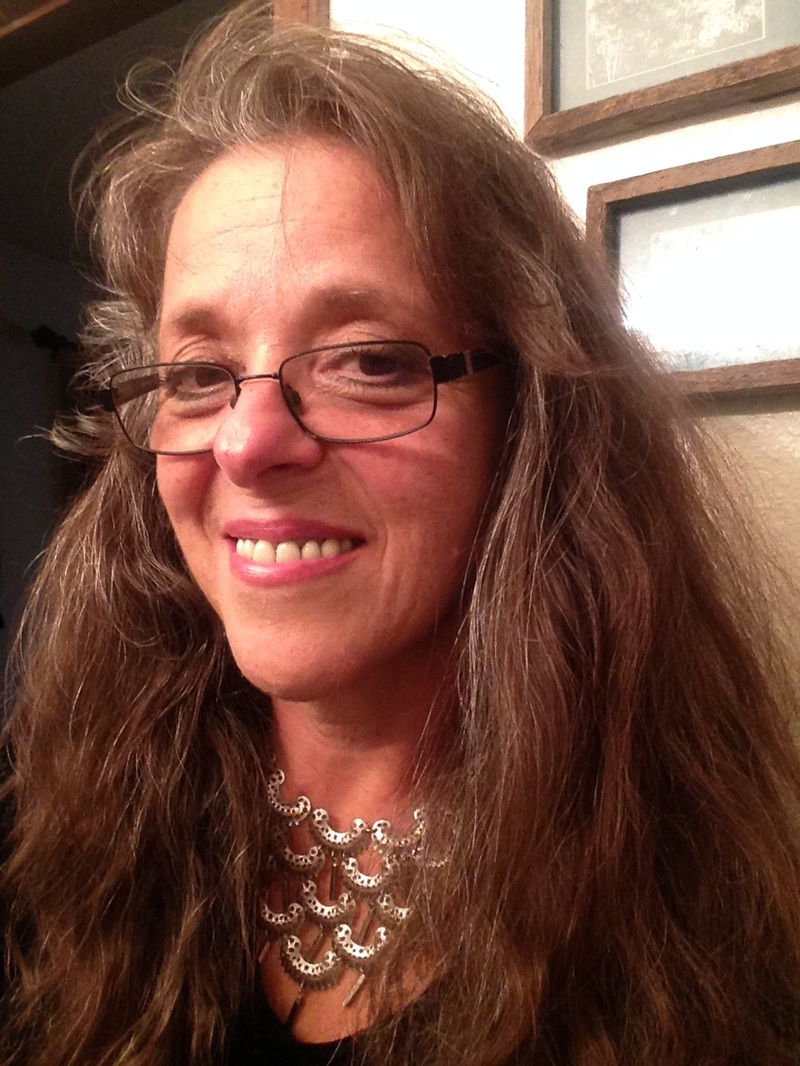













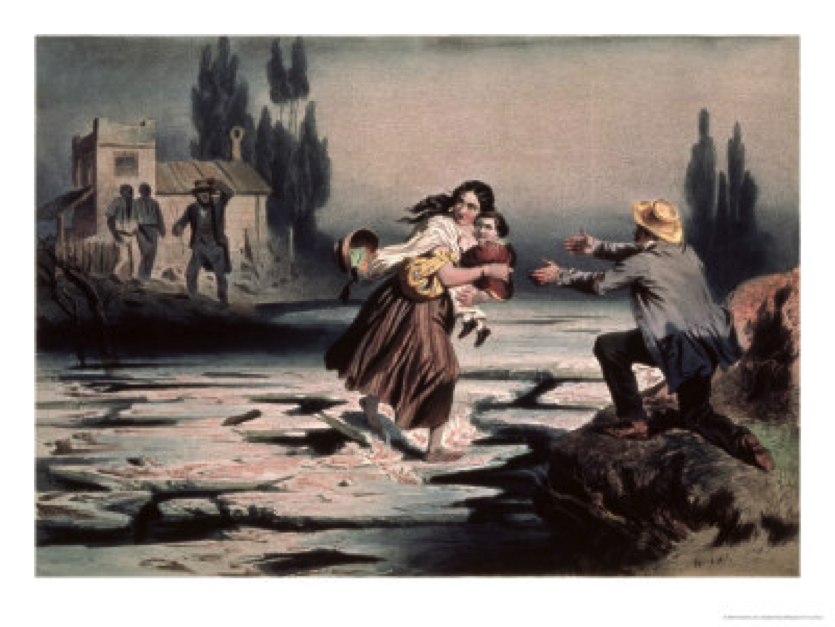

















 RSS Feed
RSS Feed